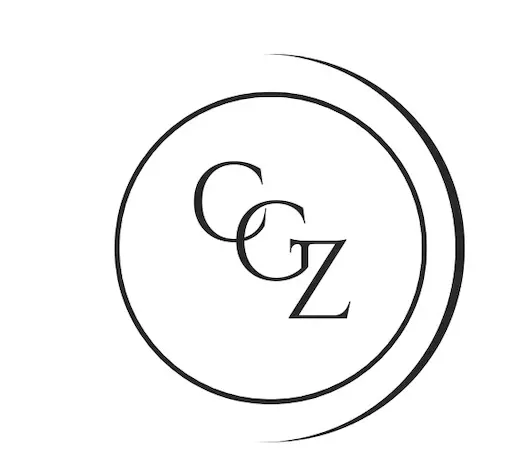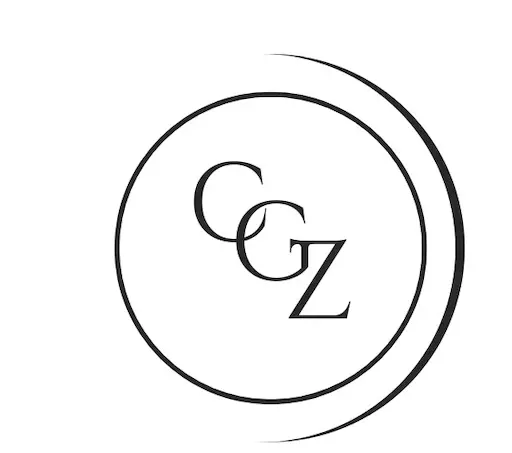Capital Gains Tax on Your Primary Residence: What You Need to Know

1. Current U.S. Rules: Section 121 Exclusion
When you sell your primary home, the IRS allows you to exclude up to $250,000 in capital gains (or $500,000 if married filing jointly) from your taxable income under Section 121. To qualify, you must have owned and lived in the home for at least 2 of the previous 5 years. Partial exemptions are available if you relocate for work, health, or other qualified situations—even if the 2-year rule isn't fully met (Wealthsimple Help Centre).
2. Key Regulations at a Glance
-
Exclusion limits: $250K (single), $500K (joint).
-
Ownership/use requirements: Must live in the home 2 of the last 5 years.
-
Partial exceptions: Qualifying job moves, health reasons, etc. .
3. Recent Clarifications
In a June 2025 Kiplinger Q&A, a reader was informed that COVID-related sales might qualify as "unforeseen circumstances," though approval is case-by-case. The guidance also emphasized the importance of adjusted basis—you can increase your cost basis by including major improvements (but not regular repairs) (Kiplinger).
Changing Landscape: What’s Proposed?
🏛️ No Tax on Home Sales Act
A new bill known as the No Tax on Home Sales Act, introduced by Rep. Marjorie Taylor Greene, aims to eliminate federal capital gains tax entirely on the sale of a primary residence (Realtor). It would eliminate the current exclusions altogether. The proposal is fresh, with limited legislative momentum so far.
🧾 Inflation-Indexing Proposals
Several Republican lawmakers, including Donald Trump, have proposed indexing capital gains to inflation—meaning you’d only pay tax on real gains, not price increases caused by inflation (washingtonpost.com, greerwalker.com). This is still in discussion with no formal legislative action underway.
🧭 Why These Proposals Matter
-
Helping middle-class Americans: Completely exempting capital gains on home sales could help families avoid paying thousands in taxes, especially in high-cost regions.
-
Inflation indexation: Would ensure homeowners aren’t taxed on illusory gains driven by inflation.
-
Equity concerns: Critics argue full exemption benefits wealthier homeowners owning upscale properties.
🧠 What Should You Do?
-
Stay informed on legislation like the No Tax on Home Sales Act—its passage would significantly change tax implications.
-
Track inflation-indexing developments that could become part of broader tax reform.
-
Keep thorough records of your home's purchase price, improvements, and usage dates to support your exclusion.
-
Consult a tax professional, especially if you're planning to sell soon or your situation (e.g., partial rental, business use) is complex.
📌 Final Takeaways
-
The current exclusion of $250K/$500K under Sec. 121 remains solid and reliable, with partial relief available for special circumstances.
-
Two major proposals aim to further reduce or eliminate capital gains tax on home sales:
-
Total repeal (No Tax on Home Sales Act).
-
Inflation adjustment to ensure only real gains are taxed.
-
-
These ideas are gaining attention but haven’t advanced through Congress yet.
Real estate transactions always carry tax consequences—especially when new legislation is potential on the horizon. Keeping up with developments ensures you don’t miss out on valuable benefits while preparing for what may come.
Categories
Recent Posts










Broker Associate | License ID: 01941438
+1(562) 221-4527 | costanza.genoesezerbi@exprealty.com
